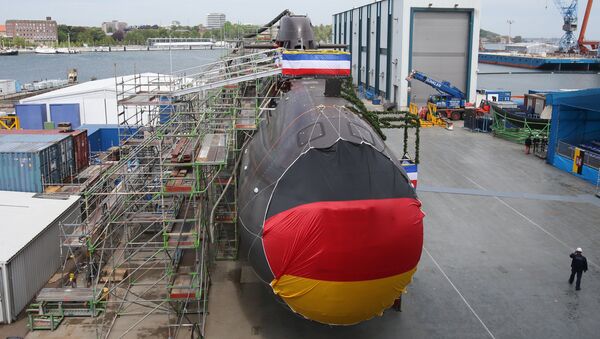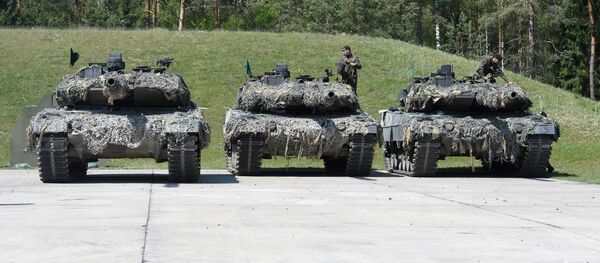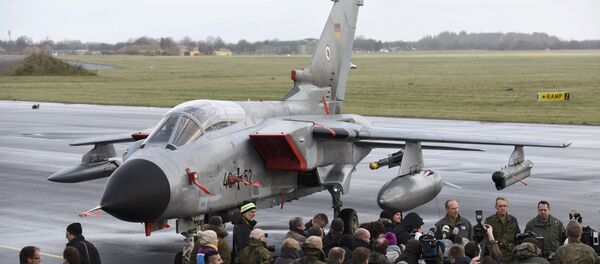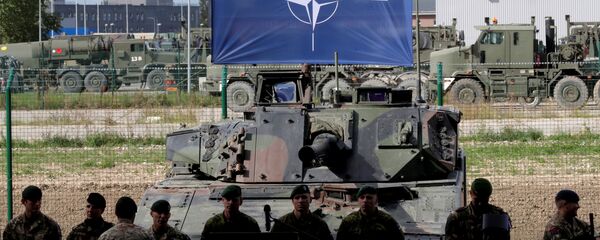"It's a real disaster for the navy, it's the first time in history that there will not be any submarine operating for months," said Hans-Peter Bartels, parliamentary commissioner for the armed forces in the Bundestag, in an interview with Berlin newspaper Bild am Sonntag.
Bartels added that the primary culprit behind the crisis was a failure of the German military to maintain the subs and replace outdated equipment.
The final working sub was knocked out of commision in October, when its rudder was damaged by an undersea rock.
The problem extends far beyond Germany's submarines. Germany is in the midst of developing four new F125 Baden-Württemberg-class frigates to replace its aging F122 Bremens, but the project has been plagued with problems.
The first of the ships was meant to be delivered in 2016, but had to be returned to contractor ThyssenKrupp Marine Systems due to the ship being drastically overweight and constantly listing to the right, rendering the frigate an $800 million doorstop until it can be fixed.
Two active ships, Type 702 Berlin-class auxiliary oilers, have similarly been sent to dry dock for 18 full months of repairs. "There are too many administrative responsibilities, a lack of staff and sometimes [ship repair] companies like to cling as long as possible to a given order," Bartels said.
"The navy will soon run out of operational ships."
It's not just Germany's navy that's facing such problems, either. A 2014 report on the status of the Luftwaffe claimed that about half of their Eurofighter Typhoon and Panavia Tornado multirole fighter jets were no longer airworthy, 15 of their 22 Wg-13 Sea Lynx helicopters had cracks in their tails that grounded them and that their aging fleet of Transall C-160 transports would need to be phased out.
And 149 of the German army's 244 Leopard 2 tanks were out of order and in need of repairs.
From 2003 to 2005, the German military underwent massive budget cuts, retiring 161 of their 426 fighter planes. This hamstrung peacekeepers in the spring of 2017 when they were deployed to the West African nation of Mali and the desert climate took out scores of their vehicles.
The German military's tech and budget woes have prevented them from fulfilling their commitments to NATO in the past. In recent years, the Luftwaffe had to scale down planned missions in support of Kurdish militias fighting Daesh and delivering medical supplies to West Africa during ebola outbreaks.
Germany also falls far short of NATO's recommended-but-not-mandatory defense spending goal of 2 percent of GDP. It currently sits at an estimated 1.13 percent of the German GDP.
The center-right Christian Democratic Union has proposed to reach that goal by 2024, but they're opposed by left-wing parties such as the Social Democratic Union — of which Bartels is a member.






